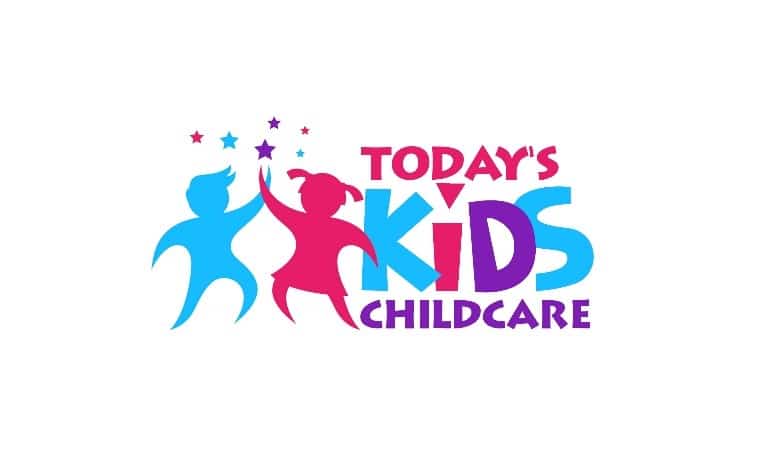Determining the right childcare setup for your family can be a daunting task, whether you are new to childcare or not.
Perhaps you are trying to decide whether you should look into a childcare center or in-home childcare, but you don’t know where to start with your research and comparisons.
Here are some things to consider when you are deciding what kind of childcare would be best for your family’s needs.
Home Childcare vs Childcare Centers
Child-to-Caregiver Ratios
In an early childhood education setting—like a preschool—there is generally a ratio of 1 caregiver or teacher to 12 children. Childcare centers can split up age groups of children into different 
In-home childcare settings, children of all ages will be mixed together and states limit the group size of children allowed in these childcare settings. Having groups of mixed-age children can actually be very beneficial to all of the kids in the group, allowing the younger kids to learn from the older kids, while the older kids learn how to take on leadership roles. This was how children were educated for much of history; it wasn’t until the 20th century that children began to be separated into age groups.
In childcare centers, there are always many teachers caring for all of the children in the center. In-home childcare settings, there is usually just one caregiver.
Educational and Social Aspects
Childcare centers typically offer a more formal curriculum than a home daycare does, and can also offer more activities and social settings for children than a home daycare can.
Childcare centers often have the opportunity, funds, and the number of caregivers available to pull off holiday parties, field trips, or more elaborate activities.
There are some home daycares that offer a curriculum similar to a childcare center; but even if they don’t have a formal curriculum, children will still encounter many opportunities to learn both educationally and socially with the friends and natural world around them.
Scheduling and Flexibility
Childcare centers traditionally offer childcare during normal work hours and often shortly before and after those hours. There are half-day daycare centers, but typically they operate during normal business hours.
If you have an odd work schedule, though, traditional daycare centers may not be the right option for you. Home daycares often provide more flexibility than childcare centers can,
Many childcare centers operate with long-term contracts as well. Home daycares may not utilize long-term contracts but may rather offer more flexible options for families that can’t commit to a long-term contract.
Finding the right childcare setup for your child and your family’s needs is a very personal decision. We hope we gave you some good points to look at to help you determine what the right option is for you!
